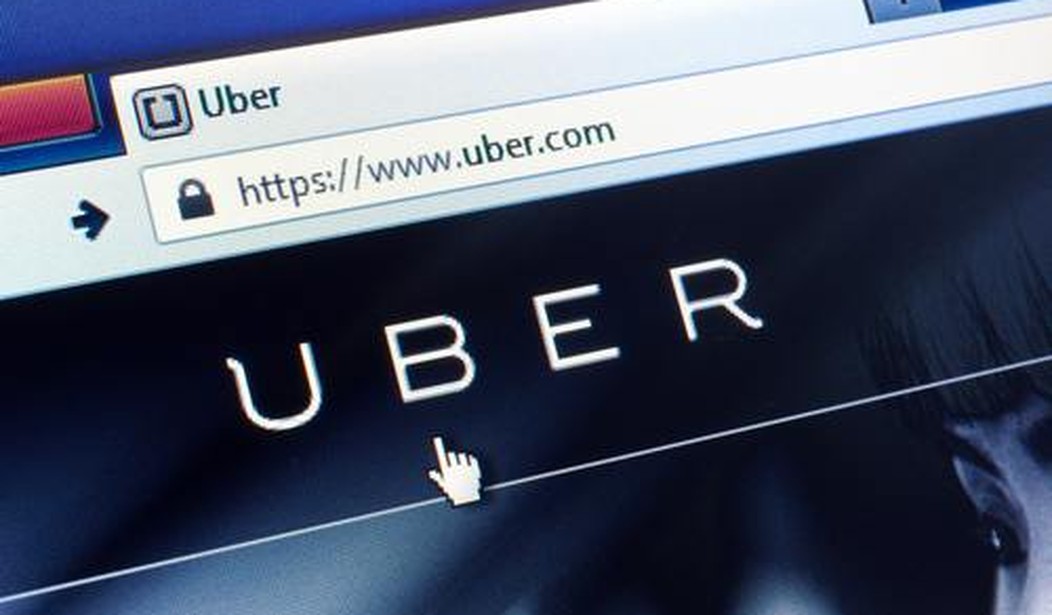In the scheme of things, high-tech disasters generally pale in comparison to natural disasters, such as hurricanes, tornados and wildfires. But because they can affect millions, high-tech disasters are worth noting, and in 2017 there were plenty. Here’s my selection of the top six.
6. Apple’s iPhone slowdown
This is a big embarrassment and screw-up that has given Apple a black eye that will not easily go away. The company admitted that they slow down iPhone processors with software updates, as the batteries deteriorate over a couple of years of use. It plays right into the long-held conspiracy theory that they make their phones go slower to encourage replacement sales. While Apple said they do it to prevent phones from suddenly shutting down, they never suggested that the batteries be replaced. Now they’ve apologized, offering replacement batteries for $29 instead of $79 and saying their software will be more informative.
5. Facebook’s fake news denials
A year ago Mark Zuckerberg refused to acknowledge that stories posted on Facebook, especially throughout the presidential campaign, could have had an effect on the election. But in the past few months, Facebook’s message on the role it played in the election has changed. Zuckerberg moved from saying it was a crazy idea, to admitting it was possible, to confirming it occurred. Still, the company has been slow to come around and address the fact that so many are gaming the system — and Facebook’s algorithms do little to prevent it.
4. Juicero
This was one of the biggest hardware fiascos of the year and is symptomatic of technology products that fail to meet their hype and cost investors millions of dollars, all while solving problems no one cares about. The $700 juice maker was a complex piece of hardware that took two years to design in order to be able to apply two tons of pressure to turn the company’s special juice packs into healthy drinks. Except a reporter discovered she could compress the packs in her hands and didn’t need the machine.
3. Samsung
Samsung entered the year after having suffered a huge embarrassment and a $5 billion loss with its flagship Note 7 phones exploding from defective batteries. They made amends with recalls and new manufacturing procedures to better test their batteries and introduced several new models that have been well received. But earlier this year, Jay Y. Lee, Samsung’s 49-year-old billionaire heir to South Korea’s Samsung Group, was convicted, along with several other executives, of bribing the country’s former president, Park Geun-hye. Prosecutors are asking for a 12-year sentence.
2. Yahoo Mail
…brought shame onto itself with the revelation that two separate data breaches occurred years ago, but they failed to announce them or inform their users until earlier this year. It was a stunning embarrassment to their CEO, Marissa Meyer, who apparently covered up the data breach while trying to sell the company. The two breaches affected 1.5 billion users, making Yahoo Mail one of the worst products of the year. In spite of this, Verizon went ahead and completed its purchase of Yahoo and now owns the problem-plagued company.
1. Uber’s illegal behavior
But the biggest tech disaster has to go to Uber. The year began when an Uber engineer, Susan Fowler, went public to describe the horrible workplace harassment she and others experienced. That was followed by investigations confirming a toxic workplace environment by former attorney general Eric Holder. Then CEO Travis Kalanick was caught on video berating an Uber driver. The company was also charged with stealing company secrets from Google, violating numerous privacy laws, secretly tracking government investigators, spying on its competitors, and failing to disclose the theft of its customers’ personal data — and it is being sued by one of its investors. All of this occurred under the eyes of its board of directors, who finally replaced Kalanick with a new CEO.









Join the conversation as a VIP Member